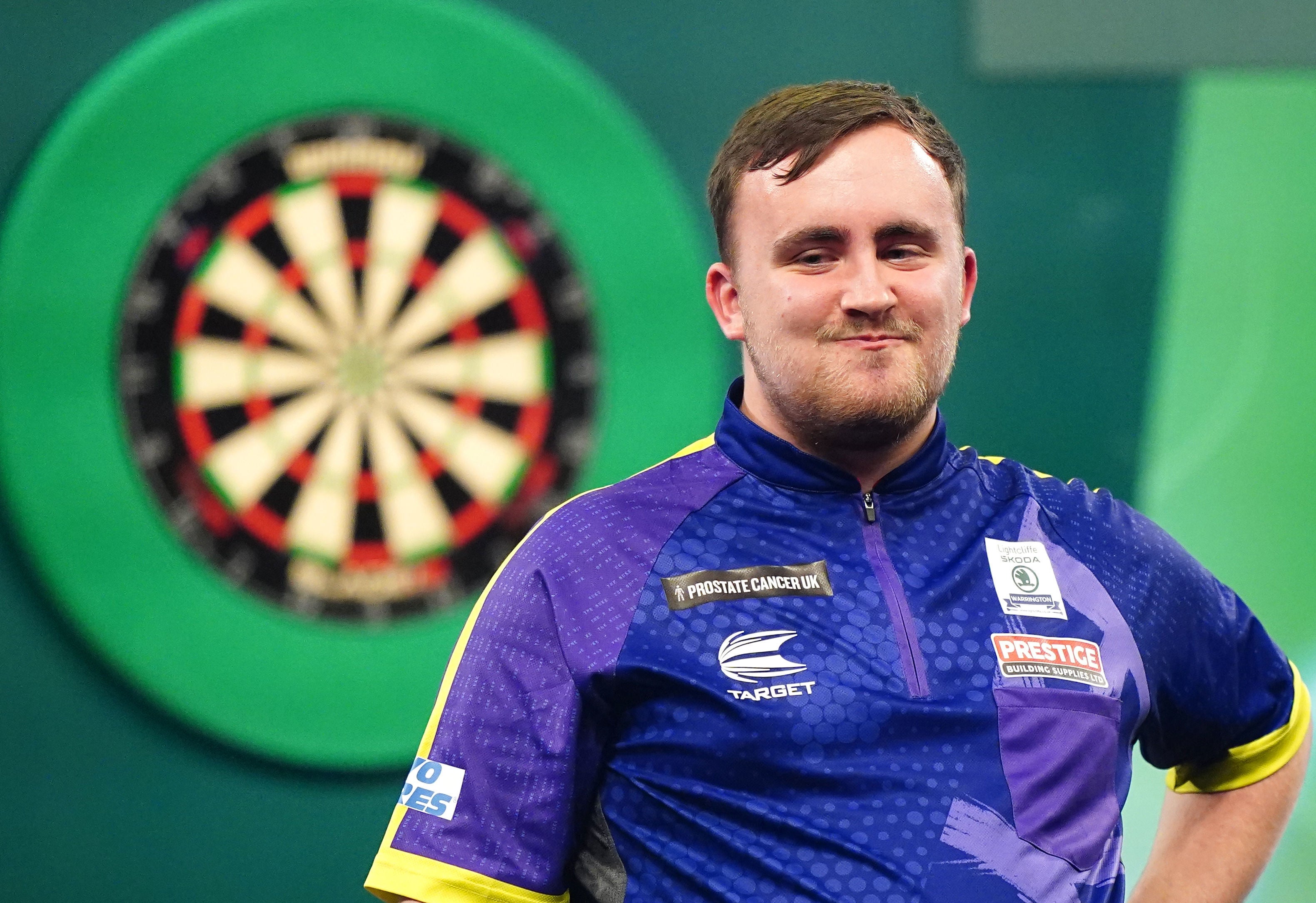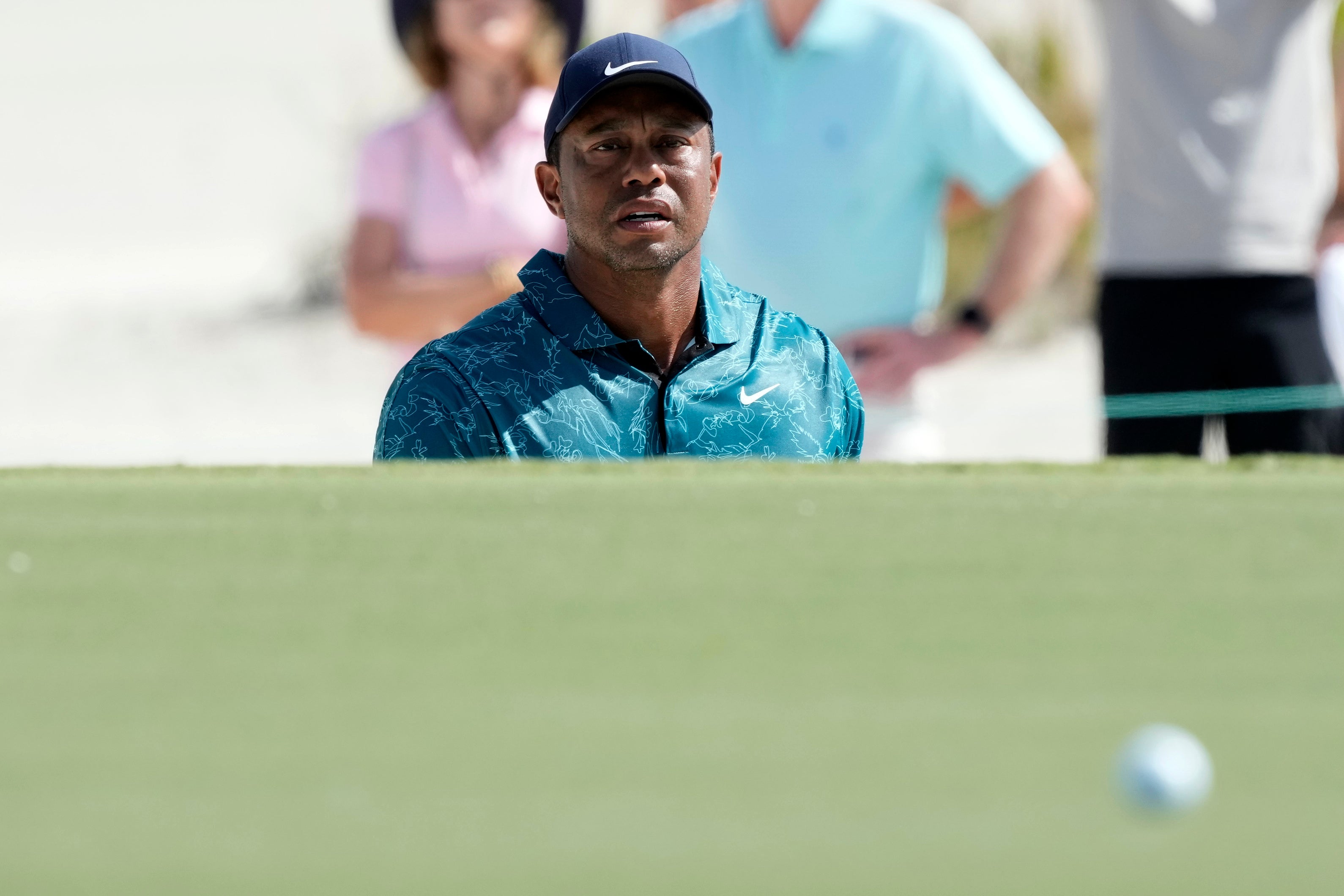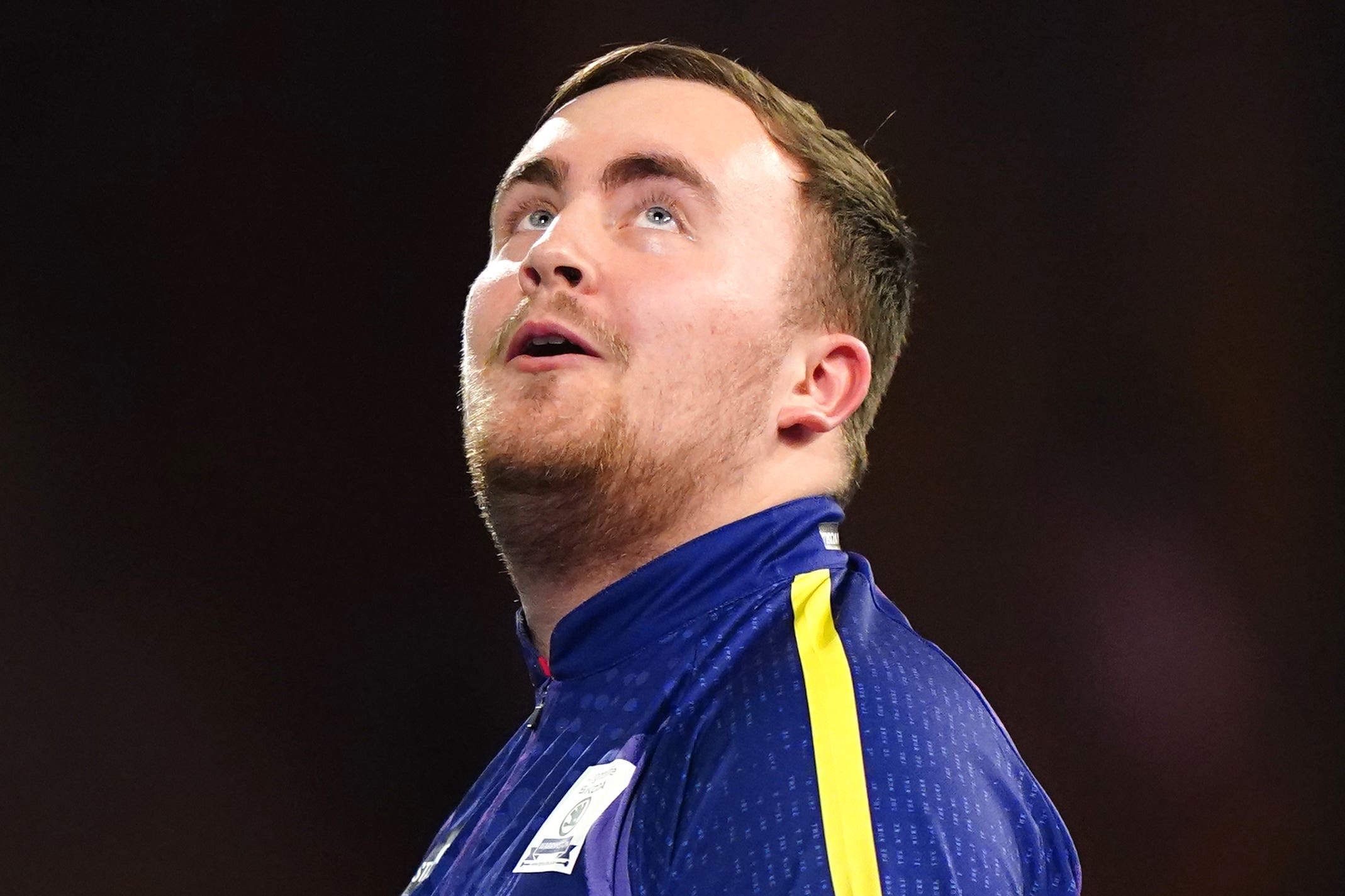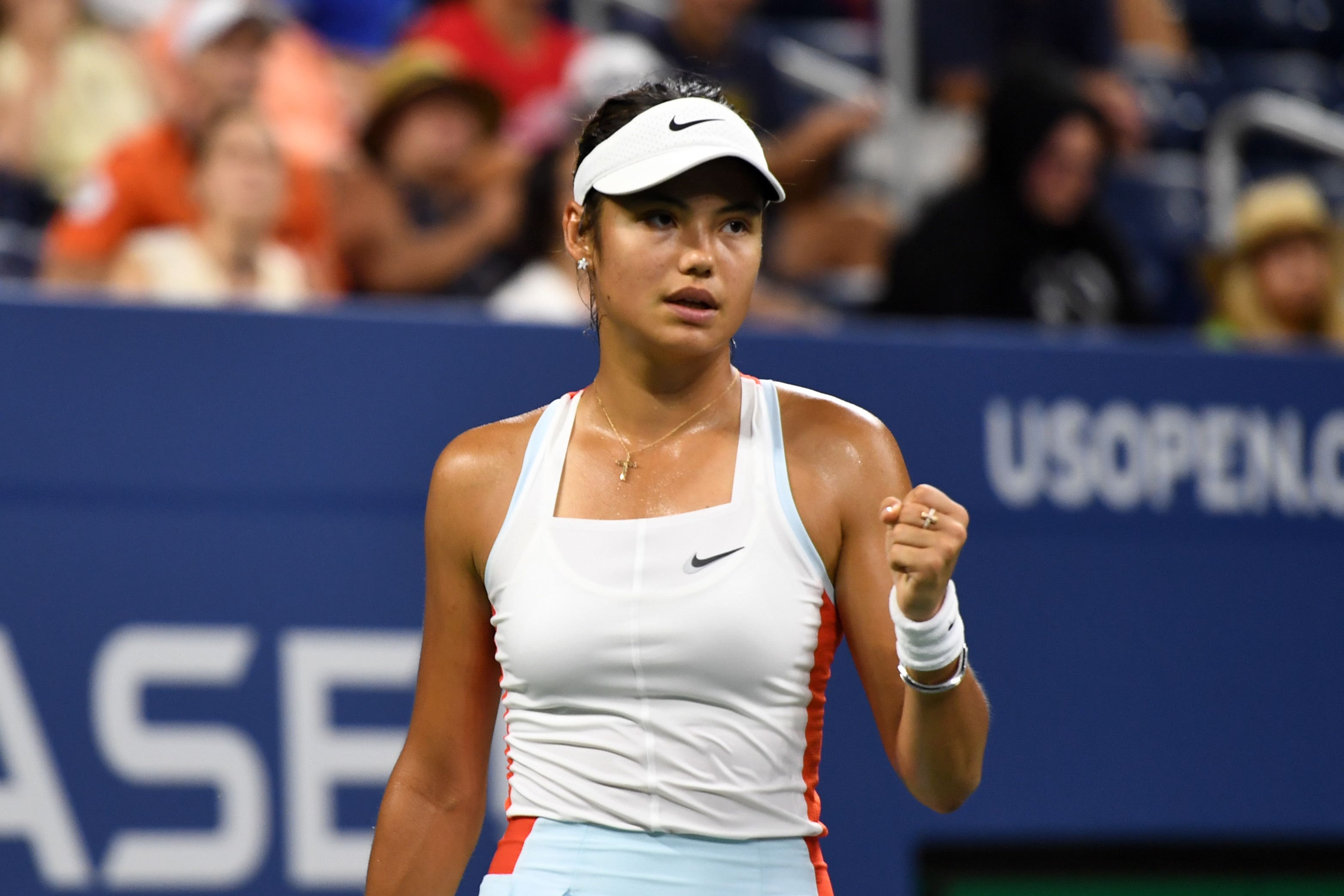Luke Littler is prodigious talent – let’s not burden him with expectation
The 16-year-old has enjoyed a remarkable and heartwarming run through to the PDC World Championship final. But labelling him the Tiger Woods of darts is as daft as it is unfair, writes Jim White. Let’s enjoy the present and not expect him to change the world


Darts has never been a game embarrassed by hyperbole. Remember the commentator Sid Waddell’s eulogy about the serial world champion Phil Taylor when he won yet another title?
“If we’d had Phil Taylor at Hastings against the Normans, they’d have gone home,” Waddell suggested.
Or there’s his somewhat overwrought description of another multiple-winner, Eric Bristow. “When Alexander of Macedonia was 33, he cried salt tears because there were no more worlds to conquer… Bristow’s only 27.”
But the assertion this week by Barry Hearn, the grand impresario of the game, that Luke Littler is the Tiger Woods of darts is perhaps the most exaggerated in a crowded field of arrows overstatement. Not least because as yet, unlike Woods who stands second in the all-time list of golf major winners, the 16-year-old from Warrington has yet to win anything. Admittedly, that might change tonight when he takes on the world number three Luke Humphries in the PDC World Championship final. Though, even then, he would still have another 14 titles to go to match Woods.
More to the point, the American – who won the Masters aged just 21 – transformed his sport, delivering a whole new audience to the green. He made golf sexy. And 26 years on from his arrival on the scene, he remains, despite his many personal issues, his sport’s number one draw. To suggest a lad in his first serious tournament bears comparison to the greatest of all golfers, is frankly daft.

But then Hearn, an unrepentant salesman in every twinkly-eyed claim he makes for the games over which he has jurisdiction, was in a sense only speaking for all of us when we are confronted by a prodigy: we immediately assume this is just the start, that they are going to dominate for years to come. One report on Littler’s magnificent semi-final victory over Rob Cross, the former champion and the last man to win the title on his debut in the competition suggested we could still be watching him beating all comers at the Alexandra Palace in 20 years’ time.
Unfortunately, sport has a nasty habit of soon diminishing such assumptions.
That is not to say the story of Littler’s sudden arrival on the scene is not a remarkably uplifting yarn. He may, with his “perma-stubble” and expanding waistline, have the look of a grizzled veteran rather than a fresh ingénue. But appearances are deceptive. Here he is, still not old enough to possess a provisional driving licence, within one match of being crowned world champion. And with it, scooping a £500,000 first prize, some of which, were he to win, he has allocated for a trip to Alton Towers.

This is the beauty of his story: he is just a kid, celebrating victories this past fortnight with kebabs and Cokes. Not that he plays like one. Given this is his first outing in front of the permanently boisterous Alexandra Palace crowd, belting out their relentless dirge of terrace anthems, he has demonstrated few nerves. Against Cross he was calmness personified, his hastily acquired nickname “Luke The Nuke” wholly inappropriate to his playing style. This is less an explosive presence and more the lad with ice in his veins.
And his progress has been all the more astonishing to the many suddenly intrigued by his performance, because of the widespread perception of darts is that it is the pursuit of the pub, the game of the oldie. Do you remember that Not the Nine O’Clock News sketch from the mid-eighties? The one with Griff Rhys Jones as Dai “Fat Belly” Gutbucket, competing against Mel Smith, as Tommy “Even Fatter Belly” Belcher. Puffing away on cigs, they stand by a table groaning with bottles of booze, their task not to throw doubles but to down them.
And it is true, for those suddenly drawn to pay attention to the pursuit, Littler’s arrival has challenged all such entrenched prejudice. Phil Taylor was 28 before he won his first pro title. Michael van Gerwen became the youngest-ever world champion at 24; Littler’s second-round opponent, Andrew Gilding, made his TV debut at 40. Sixteen-year-olds aren’t supposed to excel in a sport infused with booze. The game he plays with such ease and control is reckoned to be the accidental by-product of a misspent youth, not the desired outcome of a well-employed one.

But here’s the thing: his carefully planned arrival (he has been training full-time for years, largely at the expense of his education) offers no guarantee of what comes next. Sure, Lionel Messi was earmarked for greatness from the age of five. But for everyone like him who so supremely fulfils their early potential, there are dozens who fall by the wayside, never living up to their promise. And even if they continue on their path towards the top, all too often circumstances can interfere. At 17, Norman Whiteside was the youngest footballer ever to play in the World Cup finals. He appeared to have the world at his feet. But rather than scaling the heights assumed for him, his career was over by the time he was 24, foreshortened by a combination of injury and poor habits.
And the history of sport is pockmarked with examples like that. Take Emma Raducanu, US Open champion at 18 and thus immediately installed as the future of British tennis. It didn’t work out like that. Almost from the point of that win, she has been so traduced by physical ailments her career now is largely defined by the comeback. Or Michael Owen: at 18 he scored a goal against Argentina which was greeted as if it marked the second coming, only for injury to slow him down and demote him into the ranks of the ordinary. Or the many who lose their drive and ambition once the world starts telling them they have made it.
The point is we should just enjoy Littler for what he is now: an outlier of wonderful proportions, a dead-eyed junior master. To burden him with assumptions of future meaning is as pointless as it is potentially damaging. Let’s put aside our urge to out-claim Sid Waddell, and just relish the present.
Join our commenting forum
Join thought-provoking conversations, follow other Independent readers and see their replies
Comments
Bookmark popover
Removed from bookmarks